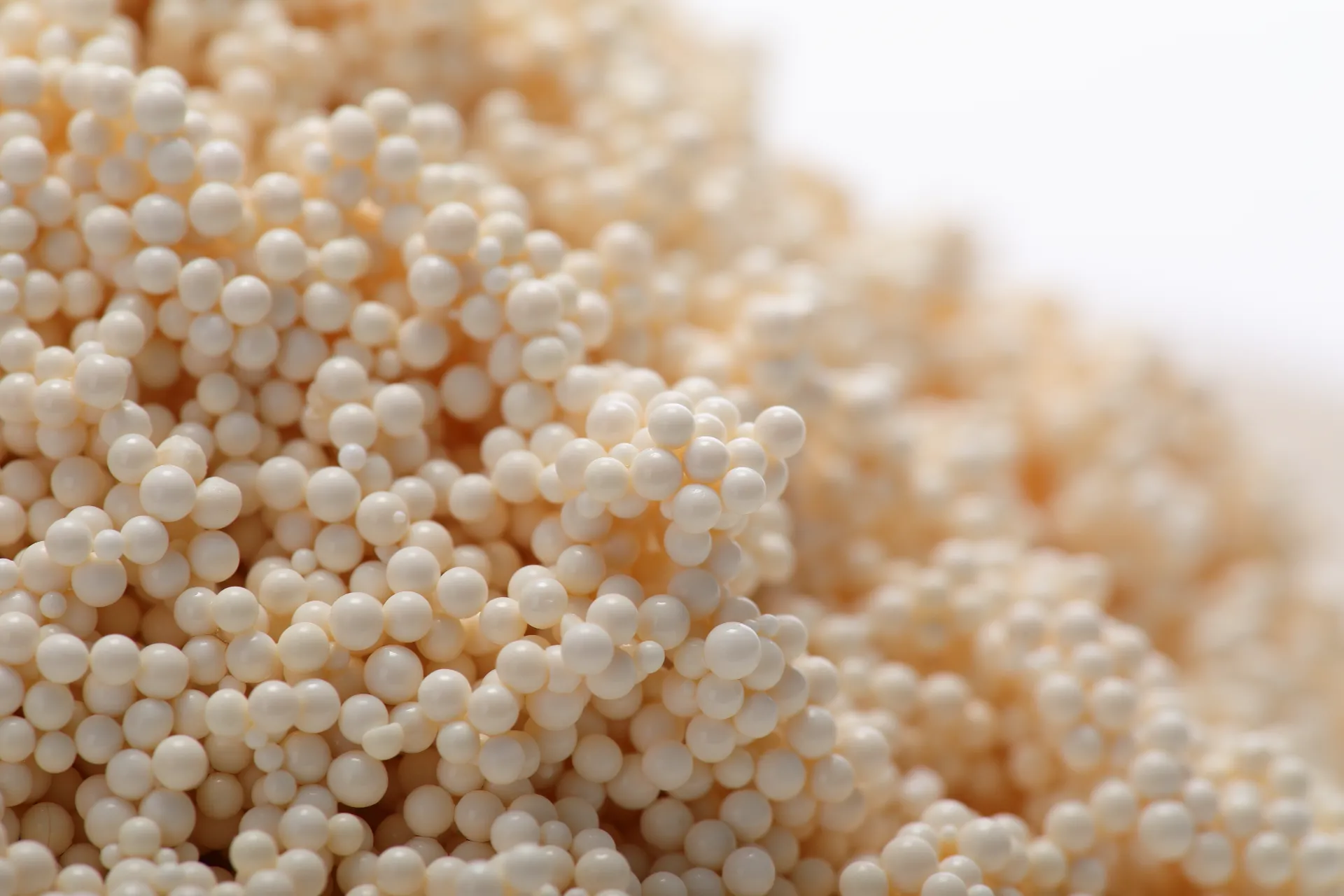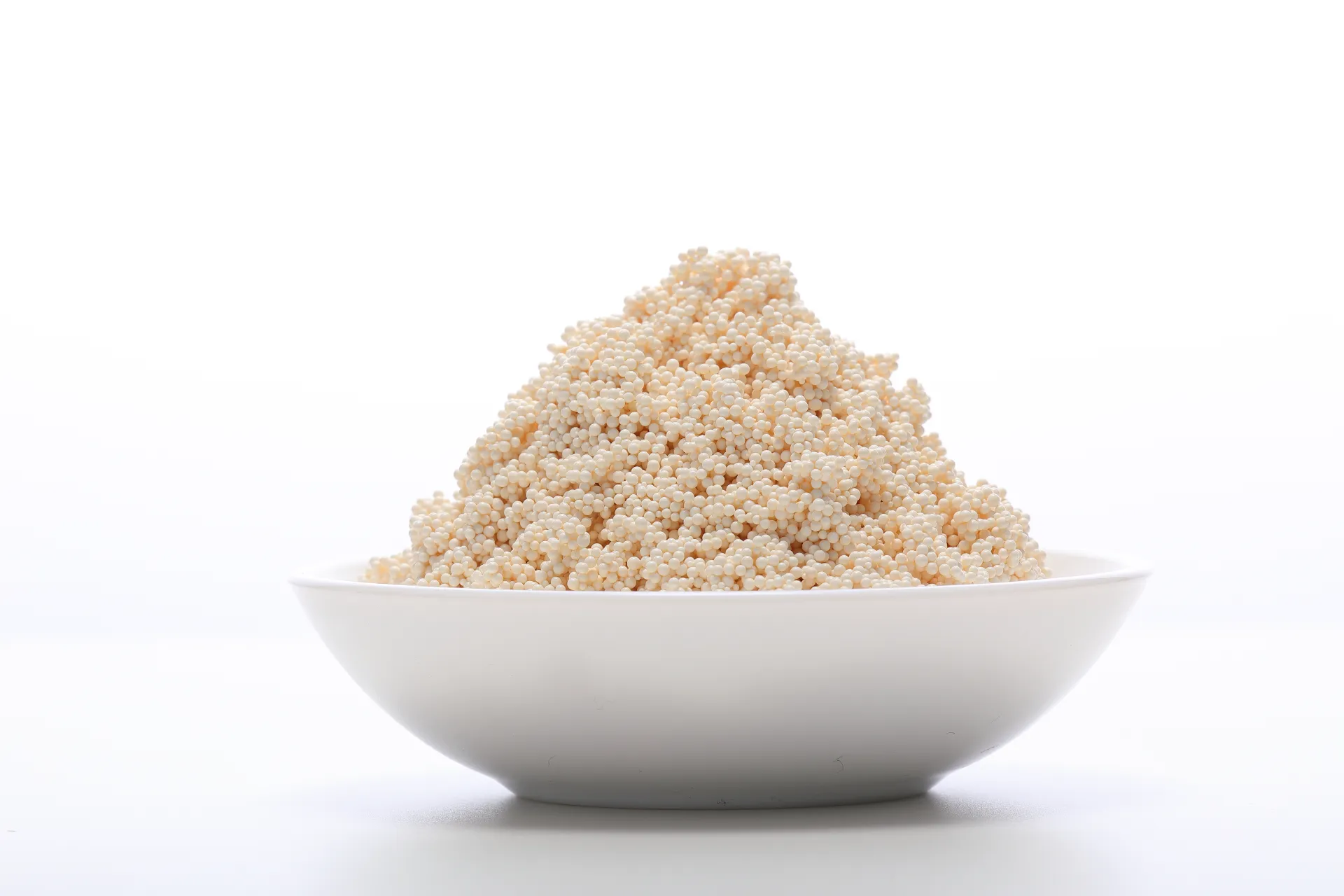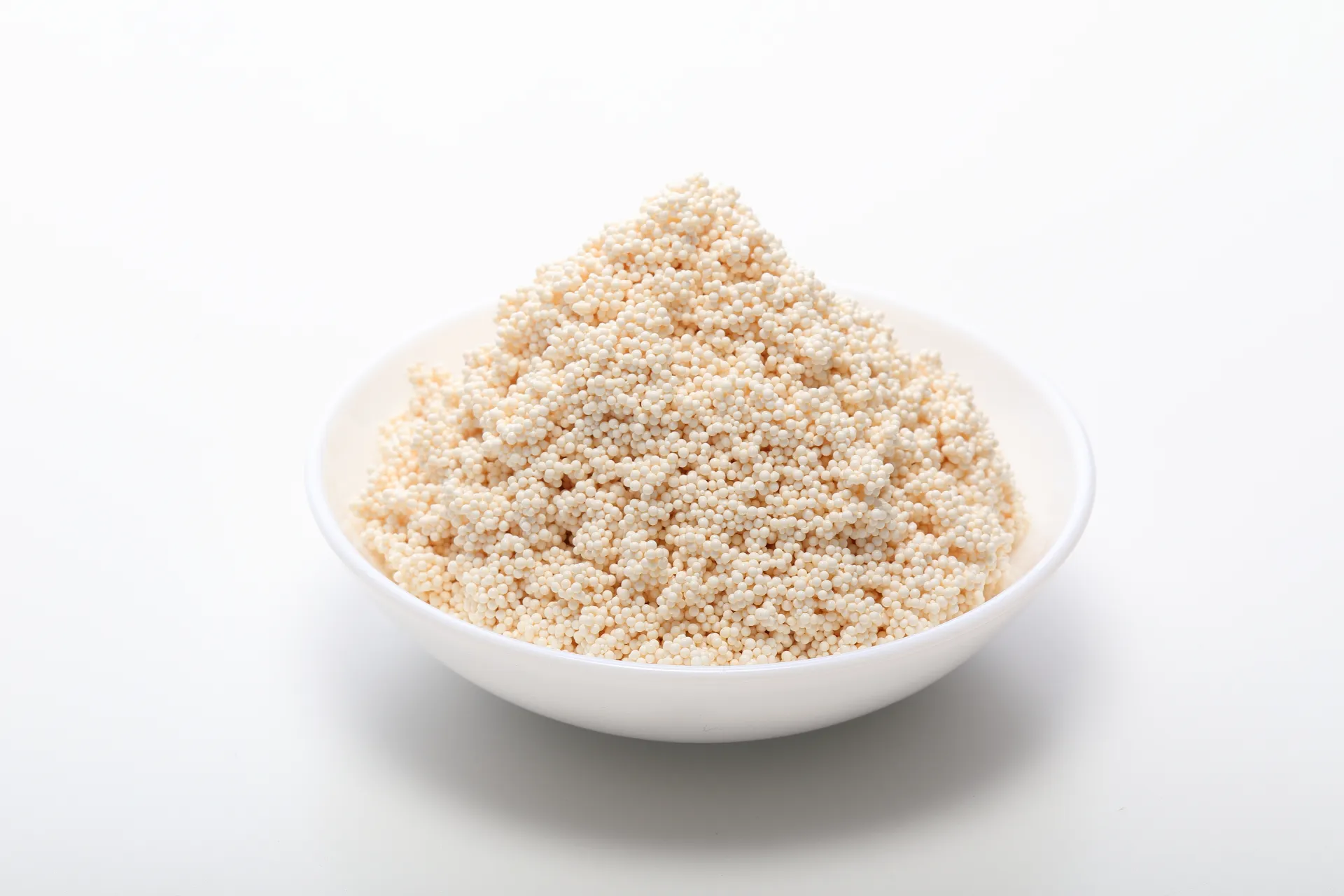Field Notes on Macroporous Resin Column Chromatography and the D201 FC Workhorse
If you’ve handled a demin line or chased silica to sub-ppb levels, you already know this isn’t just theory. The market has quietly moved toward macroporous, strongly basic anion exchangers because they ride the line between capacity and mechanical toughness. To be honest, the latest procurement cycles value resilience as much as they do spec-sheet capacity — downtime is a budget killer.

Why D201 FC is getting short-listed
D201 FC is a polystyrene-skeleton, macroreticular, strongly basic anion exchange resin with quaternary ammonium groups (–N(CH3)3). In plain English: a solid alkali on a rugged bead. Many customers say it handles abrasive service and chemical swings better than gel-type media. It’s made in Hebei, China (NO.2 East Jianshe Road, High-Tech Industrial Development South Zone, Wei County, Xingtai) and is widely spec’d for desalination, efficient silica polishing, and—interestingly—cyanide pulp adsorption in CIP/CIC circuits for gold recovery.
| Parameter | Typical Value (≈; real-world use may vary) |
|---|---|
| Matrix / Porosity | Polystyrene-DVB, macroreticular |
| Functional group | Strong base, Type I (–N(CH3)3) |
| Total capacity | ≥1.2 eq/L (as Cl− form) |
| Moisture content | 45–52% |
| Particle size | ≈0.6–1.2 mm; UC ≤1.6 |
| Operating pH / Temp | pH 1–14; up to ≈60 °C (Cl−) / ≈40–50 °C (OH−) |
| Silica removal | High affinity in OH− form; polishing to low ppb is routine |

Process flow that actually works
- Materials: D201 FC (Cl− or OH− form), NaOH (4–8%), NaCl (8–10% optional), dechlorinated feed.
- Methods: Backwash (≈50–70% bed expansion) → Regenerate (co-current or counter-current) → Displacement rinse → Service run.
- Testing standards: ASTM D2187 for capacity/physicals; AWWA B451 guidance for operation and acceptance.
- Service life: ≈3–5 years or 1,000–2,000 BV cycles with decent pretreatment; I’ve seen longer when SDI is kept in check.
- Industries: Power (condensate), microelectronics, pharma DI, beverage, mining (CIP/CIC cyanide circuits).
Where Macroporous Resin Column Chromatography makes sense
– Final silica polishing after mixed bed. – High-TDS brackish water deionization. – Cyanide-bearing pulp adsorption (CIP/CIC) where abrasion resistance is not negotiable. – Retrofit replacements for gel-type SBA resins that keep cracking.
Vendor snapshot (what buyers actually compare)
| Vendor/Resin | Key Edge | Lead Time | Certifications | Cost Tier |
|---|---|---|---|---|
| Lijiresin D201 FC | Abrasion resistance; strong silica removal | ≈2–4 weeks | ISO 9001; NSF/ANSI 61 on request | Mid |
| Vendor A (Macro SBA) | High OH− capacity | 3–6 weeks | ISO 9001 | High |
| Vendor B (Gel SBA) | Budget-friendly | Stock/fast | ISO 9001 | Low |
Customization and real-world notes
Bead size grading, crosslink percentage, and shipped form (Cl− vs OH−) can be customized. Some integrators request pre-rinsed, low-TOC packs for pharma. In fact, several buyers told me preconditioning off-site saves a full day on commissioning.

Case snapshots + test data
- Pharma DI loop: Feed SiO2 ≈ 0.9 mg/L → product Macroporous Resin Column Chromatography with D201 FC (OH−). Bed life: ~1,400 BV cycles before notable drop in silica capacity.
- Beverage plant: Mixed-bed retrofit saw TOC bleed reduced by ≈20% after switching to macroreticular SBA; pressure drop stayed stable over 9 months.
- Mining CIP/CIC: D201 FC used upstream; abrasion loss after 100 cycles measured ≈1.0–1.5% by mass (ASTM D2187 abrasion index protocol).
QC references: ASTM D2187 for capacity, moisture, crush and attrition; AWWA B451 for acceptance/handling; facilities pursuing potable-contact often align to NSF/ANSI 61.
Bottom line: for tough polishing jobs and abrasive circuits, Macroporous Resin Column Chromatography with D201 FC delivers predictable throughput, forgiving operation windows, and a sensible total cost of ownership.
Authoritative citations
Hebei Lijiang Biotechnology Co., Ltd, is a new material manufacturer specializing in the production of high-performance special ion exchange resins.mixed bed resin suppliers It is a modern high-tech enterprise that integrates the research and development,production, sales, and service of resin materials and resin terminal products.ion exchange resin The company is committed to producing high-quality industrial grade, food grade,pharmaceutical grade, and nuclear grade resins.cation exchange resin It has passed ISO9001 management certification,SGS certification, and WQA international certification from the American Water Quality Association, and has obtained a national food hygiene license. Food grade resin products comply with FDA standards in the United States.super blog